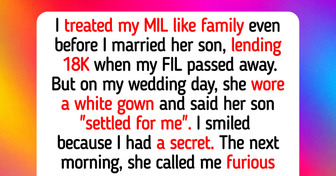🤔 after reading this! I not going to eat ice cream fast again!😱
What Happens to Your Brain When You Consume Cold Foods
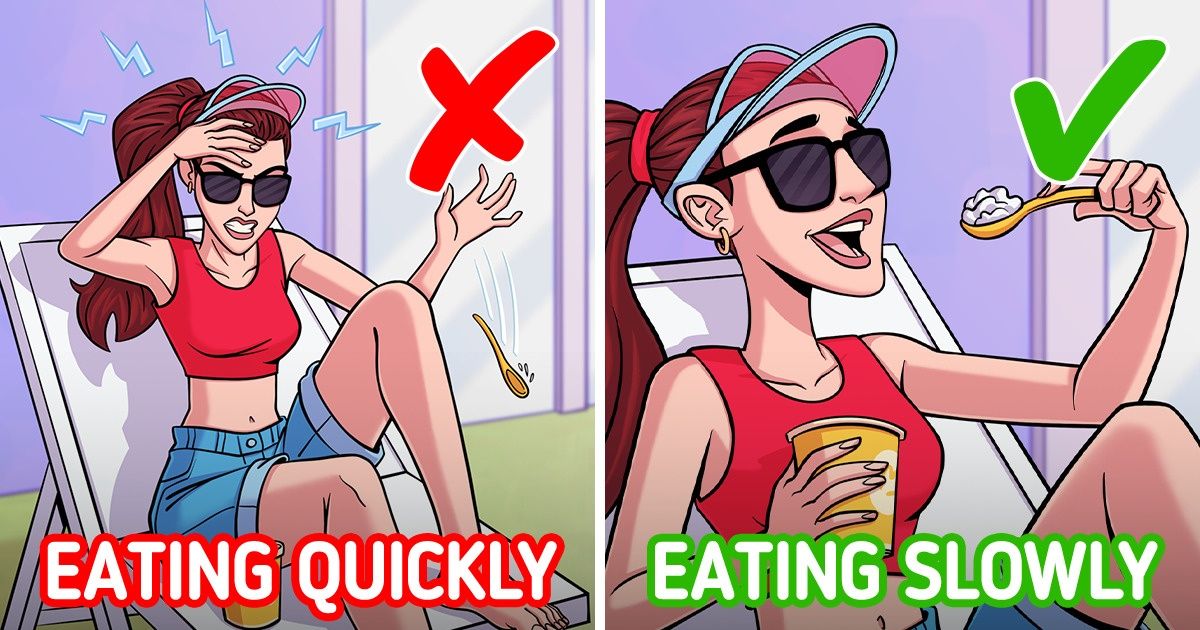
You might have experienced a short but very painful and specific type of headache after consuming something cold. It’s called a brain freeze, also known as ice cream headache, and it can happen to you sometimes when you eat ice cream or drink ice cold water. Most of the time it only lasts a few seconds, and you can enjoy your cold food or beverage immediately, but it is important to learn about it so we can try to avoid it.
Bright Side would like to explain how it works and what happens to us when we get the dreaded brain freeze — but don’t worry, it’s not a serious condition.
1. How to recognize a brain freeze.
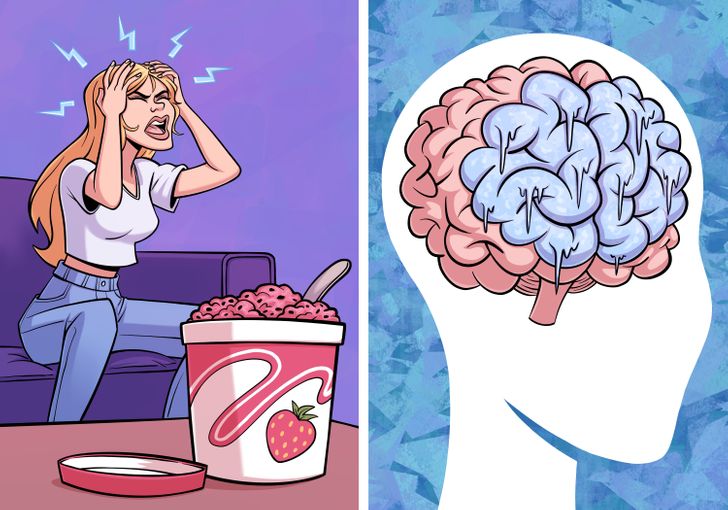
It happens after you’ve rapidly consumed something cold, like ice cream or water, and it touches the roof of your mouth. It can also happen when you have just breathed in something very cold. People typically experience it when the weather is hot and they consume something very cold. The feeling we get includes a very sudden and sharp pain in the front part of the head. The pain doesn’t last very long, it’s usually a few seconds or up to a minute or 2 in some cases.
2. The cause of brain freeze is still a bit of a mystery.
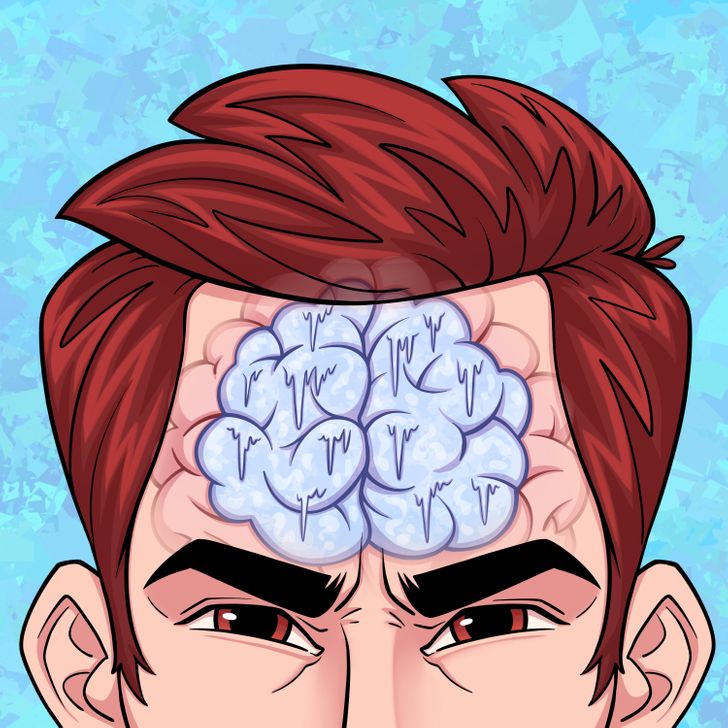
When you consume something cold, or even cold air you are changing the temperature in the back of the throat at the juncture of the internal carotid artery and the anterior cerebral artery. And according to neuroscientist Dwayne Godwin, the brain doesn’t like change, so a brain freeze is, in a way, a preventative measure. So when the cold hits, it causes the dilation and contraction of these arteries and that’s the sensation that the brain is interpreting as pain.
3. Brain freeze versus migraine.
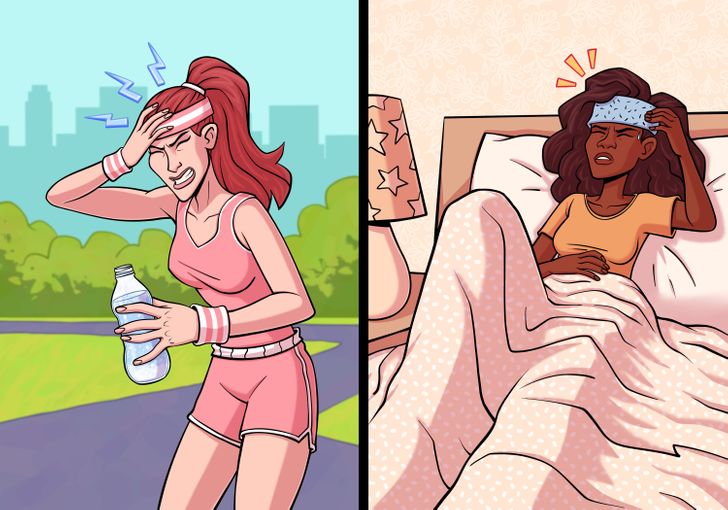
Research shows migraine sufferers have a higher likelihood of experiencing brain freeze. However, the biggest and most important difference between the 2 is that a brain freeze lasts only a short amount of time and it goes away by itself without the need for medication. While migraines, don’t just last longer, but they can also cause other discomfort such as nausea.
4. You can “treat” a brain freeze quite easily.
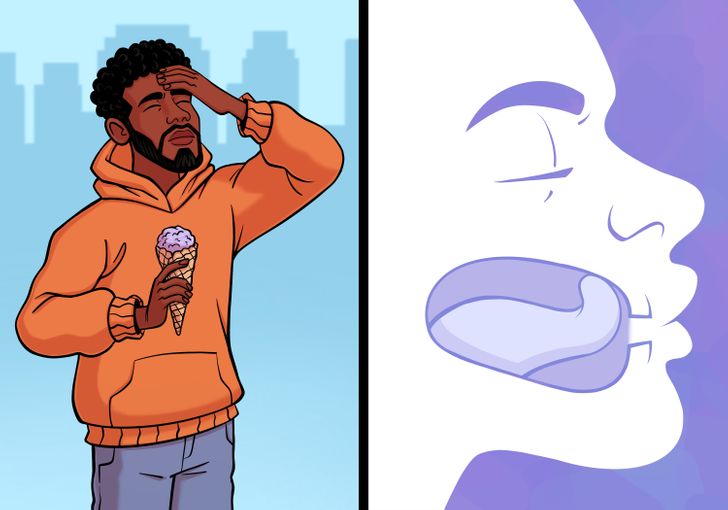
As we mentioned, brain freeze doesn’t last long, but if we ever experience it there are a couple of good ways to make it end quicker. The first one is to drink something that is warm or at room temperature. The other way is to press your tongue to the roof of your mouth. Its heat will transfer to your sinuses and will warm the nerves that are causing the brain to freeze. Keep your tongue there until the pain is gone.
5. The best thing to do is to avoid it altogether.
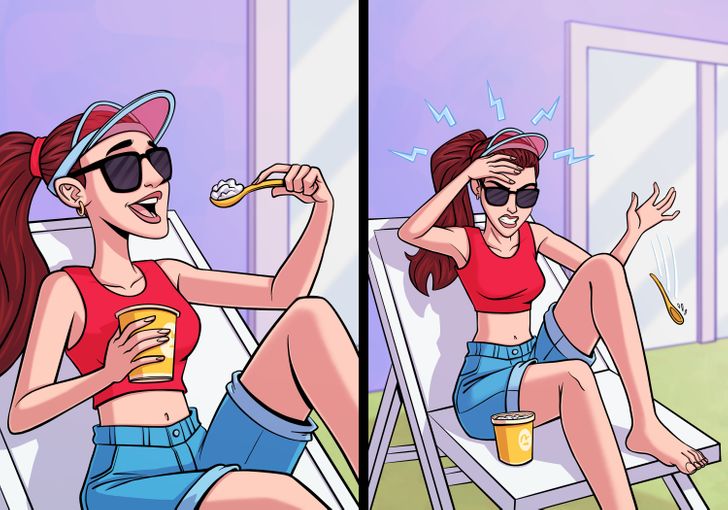
Despite it not being dangerous to us, it’s still an uncomfortable feeling, so if you want to avoid it, the steps are simple. Avoid ingesting freezing foods or drinks and avoid breathing very cold air. If you are having something cold, try to eat it slowly. And when you’re walking outside in low temperatures, a face mask or a scarf can help protect against the air.
Have you ever gotten a brain freeze? How long did it last?
Got some cool photos or stories and want to be featured on Bright Side? Send them all right HERE and right now. Meanwhile, we’re waiting!
Comments
Related Reads
What Might Happen If You Start Giving Your Baby Solid Food Instead of Purées
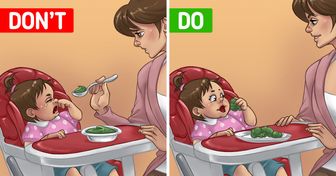
20+ Pictures That Will Make You Pause to Find Out What’s Going On

11 People Who Chose Kindness Over Looking Away
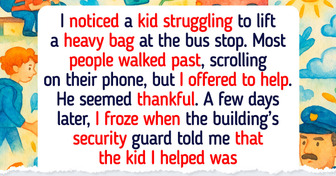
My In-Laws Forced Me to Leave My Vacation Early—They Crossed Every Line
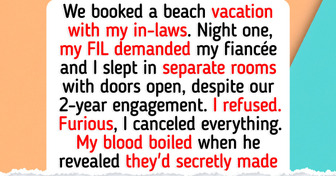
12 Moments Where Empathy Showed the Power of a Kind Heart
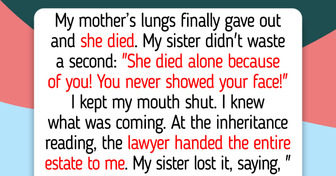
I Refused to Pay for Our Valentine’s Dinner—Then I Learned the Heartbreaking Truth

15 Moments That Prove Quiet Kindness Doesn’t Break, Even When We Do
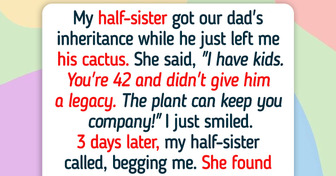
12 Moments That Show Romance Is Really About Small Acts of Kindness

12 Life Moments Where Quiet Kindness Played the Main Role

10 Stories That Show What Happens When You Stop Being the Family ATM
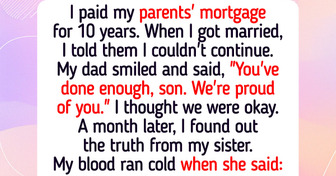
I Refuse to Earn Pennies While My Manager Cashes a Fortune
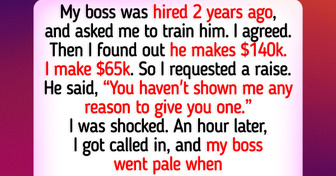
My MIL Tried to Humiliate Me at the Altar—By Morning, She Wasn’t Laughing
